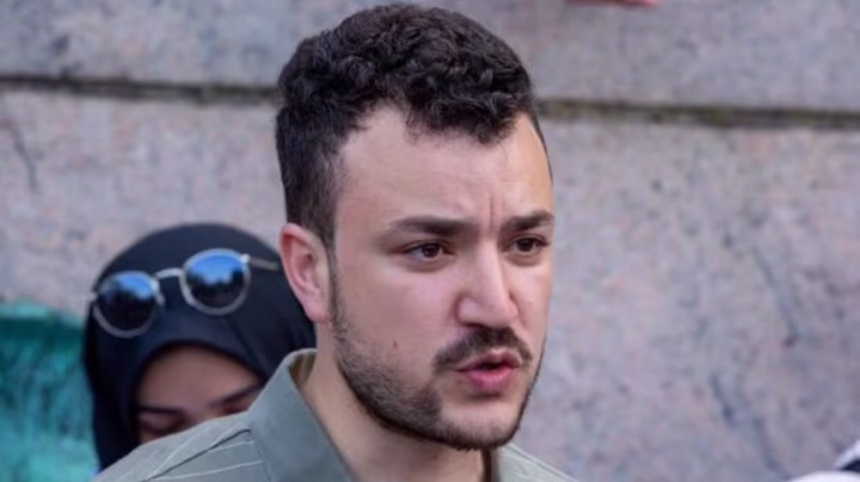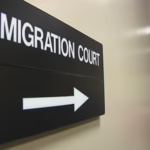Columbia University student Mahmoud Khalil, who holds a U.S. residence card, may soon regain his freedom.
On Wednesday, a federal judge suspended the detention of the Palestinian citizen who has been imprisoned for more than three months without criminal charges. This decision could lead to his release as early as Friday, unless the Trump administration appeals before then, as reported by The New York Times.
Judge Michael E. Farbiarz, who presided over the case, blocked the use of a rarely enforced law, invoked by Secretary of State Marco Rubio who considered Mr. Khalil’s presence a threat to U.S. foreign policy. However, the magistrate delayed the implementation of his own order until Friday morning at 9:30 AM, giving authorities time to formulate a judicial response, according to The New York Times.
In his ruling, the judge noted that Khalil risked suffering irreparable consequences if he remained detained, including “damage to his reputation and career, as well as his freedom of expression,” as quoted in The New York Times.
Mr. Khalil, a Columbia University graduate, was arrested in March as part of the Trump administration’s crackdown on pro-Palestinian demonstrations on college campuses.
He was among the first non-citizen students targeted in this context, the New York newspaper recalled.
The State Department had justified this arrest by claiming that Khalil had acted against national interest in connection with the fight against antisemitism. However, Judge Farbiarz found that this legal basis could not justify detention or deportation, implicitly deeming it unconstitutional.
One of his attorneys, Ramzi Kassem, co-director of the CLEAR legal clinic at the City University of New York, welcomed the decision:
“Mahmoud has maintained from day one that the government couldn’t detain or deport him based solely on Secretary Rubio’s word. Today, the court vindicated his position,” he stated, as quoted by The New York Times.
However, this ruling doesn’t conclude the matter entirely.
Weeks after his arrest, authorities presented new allegations: Mahmoud Khalil allegedly failed to disclose certain organizational affiliations during his green card application. His lawyers strongly contest these claims, but they could theoretically be used to extend his detention or initiate deportation proceedings.
The judge, however, deemed it “highly unlikely” that these elements alone would be sufficient to keep him imprisoned, according to The New York Times.
Uncertainty remains: if authorities pursue these alternative grounds to restart proceedings, Mr. Khalil might not be released on Friday as planned. Judge Farbiarz clarified that his deportation ban only applies to the initial reason linked to the Secretary of State’s directive, leaving the door open for other administrative actions.
Mahmoud Khalil’s family, based in New York, hopes for his swift return.
His wife, Dr. Noor Abdalla, expressed her desire to have her husband home in time for Father’s Day:
“I won’t rest until Mahmoud is free, and I hope he can be with us to experience his first Father’s Day with Deen in his arms,” she told The New York Times.
Khalil isn’t the only one affected. Several other students and permanent residents targeted for similar reasons, including Rumeysa Ozturk, Badar Khan Suri, and Mohsen Mahdawi, have been released in recent weeks.
Another permanent resident, Yunseo Chung, wasn’t even arrested after a court decision prevented her detention under similar circumstances.
The Khalil case, which has raised serious concerns about freedom of expression and constitutional rights, continues to resonate throughout academia and among civil rights advocates.
Source: New-York Times







